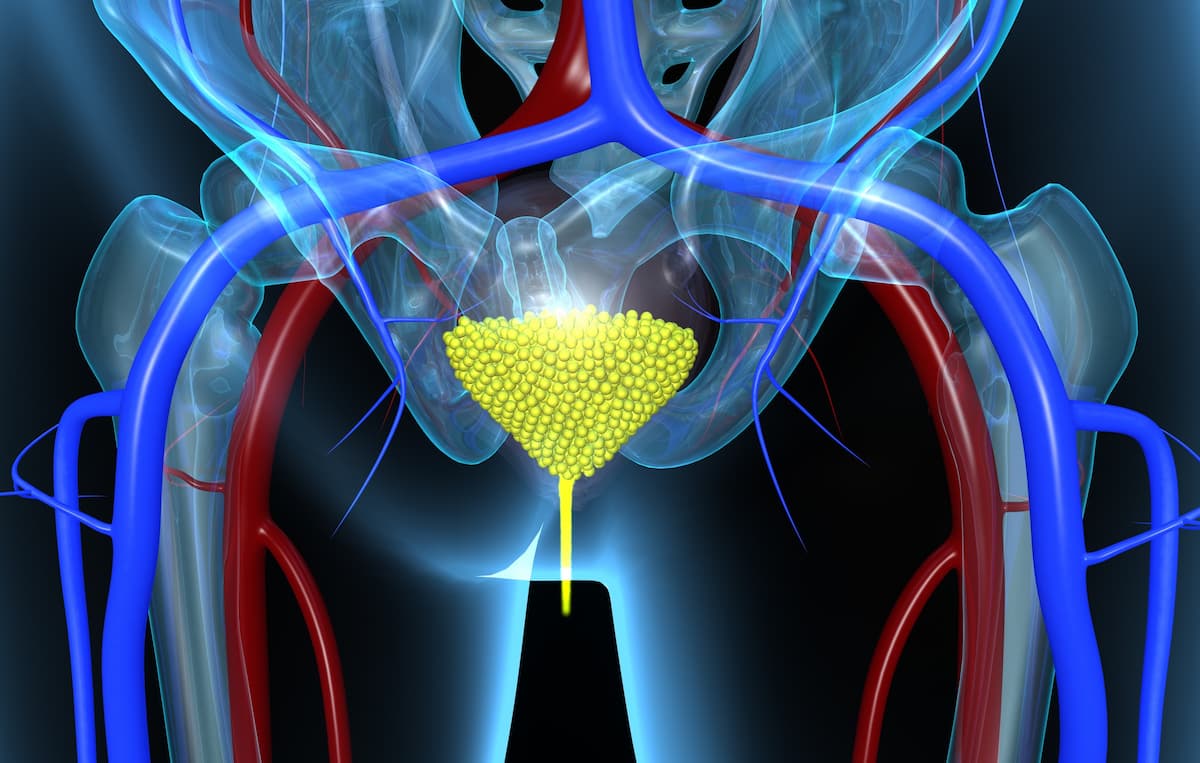Nivolumab Combo Receives European Approval in Advanced Urothelial Carcinoma
The CheckMate -901 trial led to the approval of the nivolumab combination for unresectable or metastatic urothelial carcinoma in the European Union.
In April 2024, the European Medicine Agency’s Committee for Medicinal Products for Human Use recommended this combination for approval.

The European Commission has approved nivolumab (Opdivo) plus gemcitabine and cisplatin for patients with unresectable or metastatic urothelial carcinoma, according to a press release from Bristol Myers Squibb.1
The approval was based on results from the phase 3 CheckMate -901 study (NCT02998528). Updated results were presented at the American Urological Association (AUA) 2024 Annual Meeting.2
“In the CheckMate -901 trial, the combination of [nivolumab] with cisplatin and gemcitabine improved overall survival [OS], reduced the risk of disease progression or death by 28% vs chemotherapy alone, and demonstrated deep and durable responses vs chemotherapy alone,” Michiel Van der Heijden, MD, PhD, medical oncologist and research group leader, Netherlands Cancer Institute said in the press release.1 “These findings are significant and reinforce that concurrent [nivolumab] and chemotherapy should be considered as a new standard of care for the first-line treatment of eligible patients with this difficult-to-treat cancer.”
The median OS was 21.7 months (95% CI, 18.6-26.4) in the combination arm vs 18.9 months (95% CI, 14.7-22.4) in the chemotherapy only arm (HR, 0.78; 95% CI, 0.63-0.96; P = .0171). Per blinded independent central review, the median progression-free survival was 7.9 months (95% CI, 7.6-9.5) in the nivolumab arm vs 7.6 months (95% CI, 6.1-7.8) in the chemotherapy arm (HR, 0.72; 95% CI, 0.59-0.88; P = .0012).
Additionally, 84% of patients in the nivolumab arm had a 50% or greater reduction in the baseline sum of diameter of target lesion, 48% had a 75% or greater reduction, and 28% had a 90% of greater reduction. In the chemotherapy arm, 80% of patients had a 50% or greater reduction, 40% had a 75% or greater reduction, and 20% had a 90% or greater reduction.
Previous findings presented at the 2023 European Society for Medical Oncology Meeting highlighted an objective response rate (ORR) of 57.6% (95% CI, 51.8%-63.2%) in the nivolumab arm with a complete response (CR) rate of 21.7%, a partial response (PR) rate of 35.9%, stable disease (SD) rate of 25.3%, and progressive disease (PD) rate of 7.6%.3 In the chemotherapy arm, the ORR was 43.1% (95% CI, 37.5%-48.9%), with a CR rate of 11.8%, a PR rate of 31.3%, SD rate of 28.3%, and a PD rate of 15.8%.
Of note, the median time to response in the combination arm was 2.1 months (95% CI, 2.0-2.3) vs 2.1 months (95% CI, 2.0-2.2) in the chemotherapy arm. The median duration of response in the nivolumab arm was 9.5 months (95% CI, 7.6-15.1) vs 7.3 months (95% CI, 5.7-8.9) in the chemotherapy arm.
In April 2024, the European Medicine Agency’s Committee for Medicinal Products for Human Use recommended this combination for approval.4 In March 2024, the combination was approved by the FDA for the same patient population based on the CheckMate -901 trial.5
“These benefits [of the combination] were attained with a finite duration of chemotherapy, up to 6 cycles, and a maximum of 2 years of nivolumab. Analyses further characterizing patients who responded are warranted, especially in those who achieved CR,” Guru Sonpavde, MD, medical director of Genitourinary Oncology, assistant director of the Clinical Research Unit and Christopher K. Glanz Chair for Bladder Cancer Research at the AdventHealth Cancer Institute said during the AUA presentation.
References
- Bristol Myers Squibb receives European Commission approval for Opdivo® (nivolumab) in combination with cisplatin and gemcitabine for the first-line treatment of adult patients with unresectable or metastatic urothelial carcinoma. News release. May 29, 2024. Accessed May 30, 2024. https://shorturl.at/ZB5zS
- Sonpavde G, van der Heijden MS, Powles T, et al. Nivolumab plus gemcitabine-cisplatin versus gemcitabine-cisplatin alone in patients with previously untreated unresectable or metastatic urothelial carcinoma: results of analyses to characterize benefit in responders from the phase 3 CheckMate 901 trial. Presented at: 2024 American Urological Association Annual Meeting. May 3-6, San Antonio, Texas. PD34-11
- van der Heijden MS, Sonpavde G, Powles T, et al. Nivolumab plus gemcitabine-cisplatin versus gemcitabine-cisplatin alone for previously untreated unresectable or metastatic urothelial carcinoma: Results from the phase III CheckMate 901 trial. Presented at: ESMO Congress 2023; October 20-24, 2023; Madrid, Spain. Abstract LBA7.
- CHMP adopts positive opinion recommending approval of Bristol Myers Squibb’s Opdivo® (nivolumab) in combination with cisplatin and gemcitabine for the first-line treatment of adult patients with unresectable or metastatic urothelial carcinoma. News release. Bristol Myers Squibb. April 26, 2024. Accessed May 30, 2024. https://tinyurl.com/mzkfmx5k
- FDA approves nivolumab in combination with cisplatin and gemcitabine for unresectable or metastatic urothelial carcinoma. News release. FDA. March 6, 2024. Accessed May 30, 2024. https://shorturl.at/jtwL9